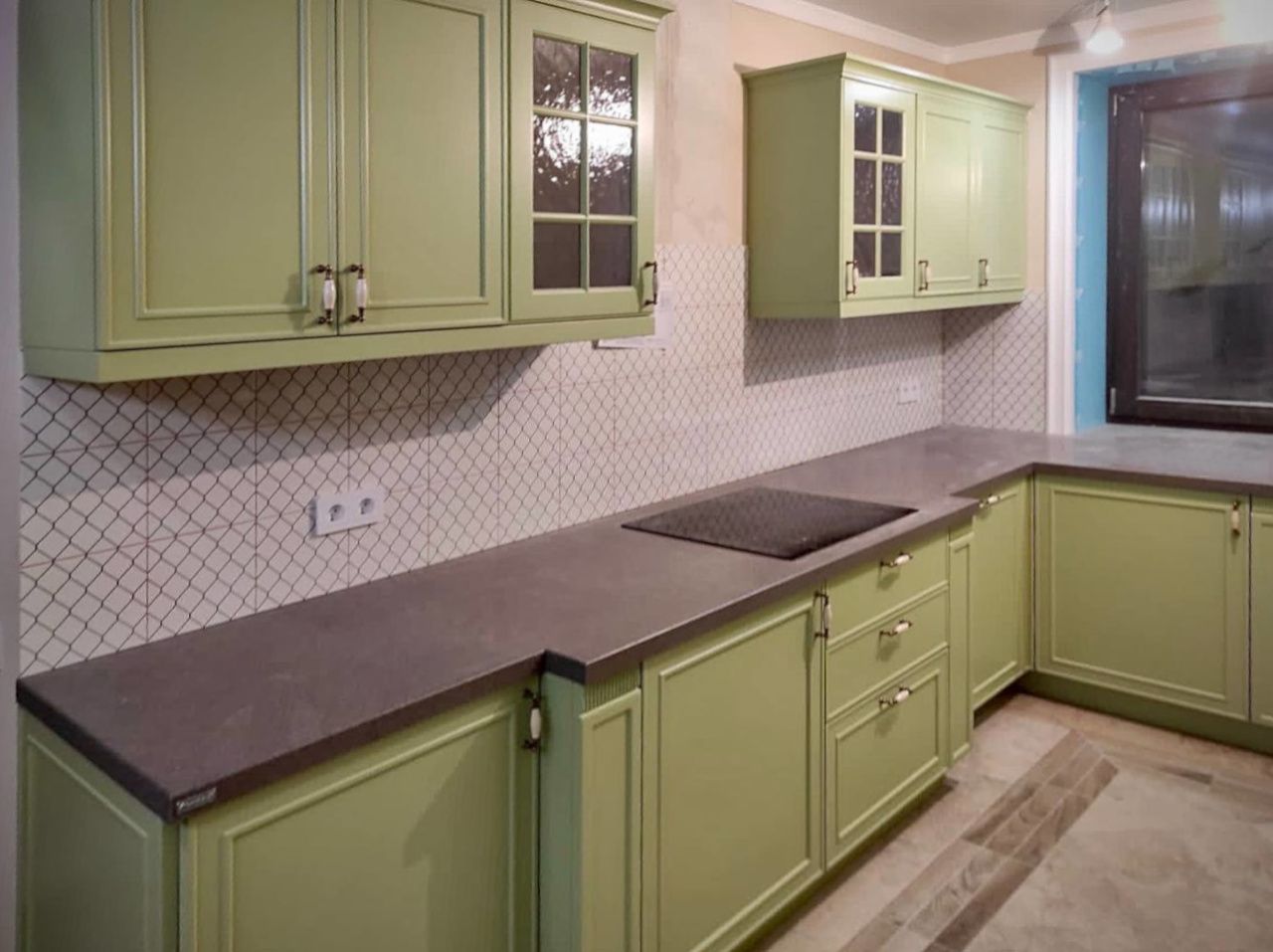
Mastering Elegant Kitchen Creations
Embracing the Art of Cooking
Cooking is not just about sustenance, it's a form of expression, creativity, and love. Those who wish to master elegant kitchen creations must approach the culinary arts with passion and patience. It begins with a deep understanding of ingredients, techniques and flavors, and extends to the presentation and ambiance of your dining experience. Whether you're an amateur cook or a seasoned chef, the journey towards kitchen artistry is both rewarding and delightful.
Fundamental Culinary Skills
Before diving into complex recipes, one must establish a solid foundation in basic culinary skills. This means perfecting knife techniques, understanding heat management when cooking meats, vegetables, and sauces, and learning the balance of seasonings. Start by mastering simple dishes and gradually progress to more intricate ones. Practice is essential — repetition will embed these essential skills and build your confidence.
Exploring High-Quality Ingredients
The cornerstone of any elegant creation is high-quality ingredients. Source locally produced vegetables, fruits, and meats whenever possible. Freshness matters, as it maximizes flavor and nutritional value, elevating your dish. Exploring farmers markets and specialty food stores can introduce you to new ingredients and inspire innovative recipes. Remember, every ingredient has a role to play in the final masterpiece.
Creative Plating and Presentation
Elegance is often conveyed through simplicity and attention to detail. Plating is an art form in itself and is the first impression your creation makes. Utilize white space on the plate as a canvas, and consider color, texture, and height as you arrange your components. A delicate herb garnish or an artful drizzle of sauce can transform a simple dish into an elegant one. Your goal is to entice the eyes before the palate.
Refining Your Palate
Developing a discerning palate is vital in the pursuit of culinary elegance. Taste constantly and critically throughout the cooking process. Learning to identify subtleties in flavor and texture will inform your adjustments and lead to more refined outcomes. Attend tastings, try diverse cuisines, and engage with other culinary enthusiasts to expand your palate and discover new pairings and flavor combinations.
The Role of Continual Learning
Culinary arts are continually evolving, with new techniques and trends emerging regularly. Stay informed by following food blogs, attending workshops, and watching tutorials from esteemed chefs. Innovation in the kitchen can arise from learning about molecular gastronomy, fermenting, sous-vide cooking, or any number of modern techniques. Embrace a student's mindset and allow your culinary repertoire to grow and change with the industry.
Celebrating Mastery Through Sharing
Mastering elegant kitchen creations is not just about the food; it's about the joy and connection it brings to those who experience your dishes. Share your culinary endeavors with friends and family. The feedback and camaraderie that comes from cooking for others is both informative and fulfilling. After all, the pinnacle of mastering any art, including the art of cooking, is in its sharing and the memories it creates.